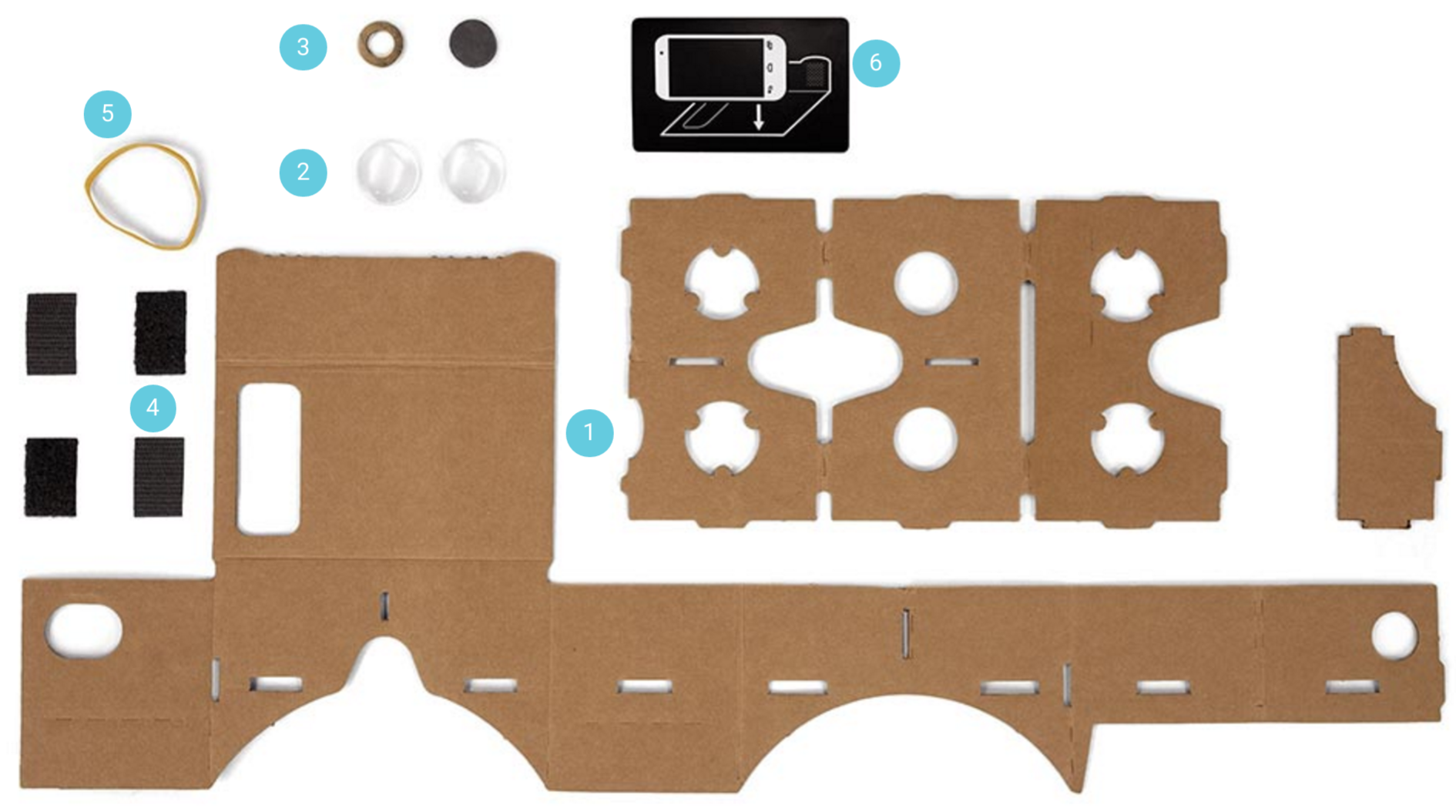Whoa, the difference a year makes: On Jan. 1, 2015, my main computing devices were 13.3-inch MacBook Pro Retina Display, iPad Air, and iPhone 6—oh yeah, Apple Watch, joined them six months later. My mainstays at the start of 2016: Chromebook Pixel LS, Pixel C, Nexus 6P, and Huawei Watch. I abandoned Apple and there are no plans to return. I choose the Google lifestyle instead.
I have changed computing platforms too often during the past two decades. From the December day in 1998 when carting iMac out of CompUSA, no matter what the switch, I always returned to Apple products, even after boycotting the company during second half 2012. My last rally was months ago, before giving up Apple Watch, iPad Air 2, iPhone 6 Plus, the 6s Plus (for a single day), and MBP. I don’t expect to ever go back. The allure is gone.










